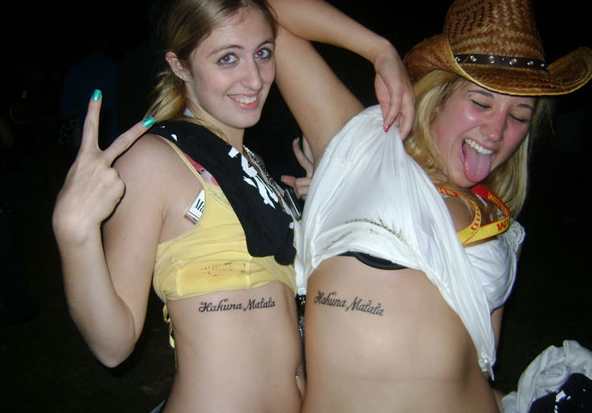By JASTON BINALA.
Now you might be wanting to travel out of Tanzania, out of Kenya, Burundi, Rwanda or Uganda for a destination somewhere in ‘white country’—some place in Europe or America. If you had any notion you could backbite people out there in Swahili, you got it wrong!
Two guys from Tanzania were in Amsterdam sometime back. They set out on a journey by bus, travelling from the big city out to some little town. On this bus a huge hairy guy sat in front of them. The two Tanzanians looked at each other and started giggling. The big guy in front of them became the main topic as the bus rumbled out of the city.
“Umeona ee!? Ha ha ha ha… Manywele kila mahali utafikiri lisokwe kabisa mtu wangu, ha ha ha ha….” (translation: Can you see!? ha ha ha ha. So much hair he looks exactly like a gorilla my dear friend, ha ha ha ha). And like Tanzanians almost always are, it is the easy, light hearted topics that take most of their time.
Then a bolt of lightning struck!
The people of Holland are known to be very kind. The hairy guy reached his disembarkation point. He stood up, turned around and smiled, then turned to his Kiswahili—which was very good. Looking at the two Tanzanians in the eye and, in a thick male voice, he greeted them: “habari zenu ndugu zangu. Sasa lisokwe linashuka. Muende salama ndugu zangu.” (Translation: how are you my brothers. Now the gorilla is disembarking. Go well my brothers).
The two East Africans froze in their seats, dumbfounded! Kiswahili is no longer the exclusive domain of the Zaramo of Dar es Salaam, the Ngazija of Zanzibar, or the Rabai of Mombasa.
Those in the know say the total number of Kiswahili speakers in the world exceeds 140 million, and that Kiswahili serves as a national or official language of four nations: Tanzania, Kenya, Uganda and the Democratic Republic of the Congo. It is also one of the official languages of the African Union.
Although only around five million people speak the language as their mother tongue, it is used as the de facto lingua franca in much of the southern half of East Africa. Kiswahili is a Bantu language and traditionally the mother tongue of the Kiswahili people on the East African coast. But it is now spoken by various communities inhabiting the African Great Lakes region, including Kenya, Tanzania, Uganda, Rwanda, Burundi, Mozambique and the Democratic Republic of Congo. A closely related Comorian language is spoken in the Comoros Islands.
Some Kiswahili vocabulary is derived from Arabic, English, German, and the Hindu languages through many years of contact with these cultures. (Article first published in November, 2013)




